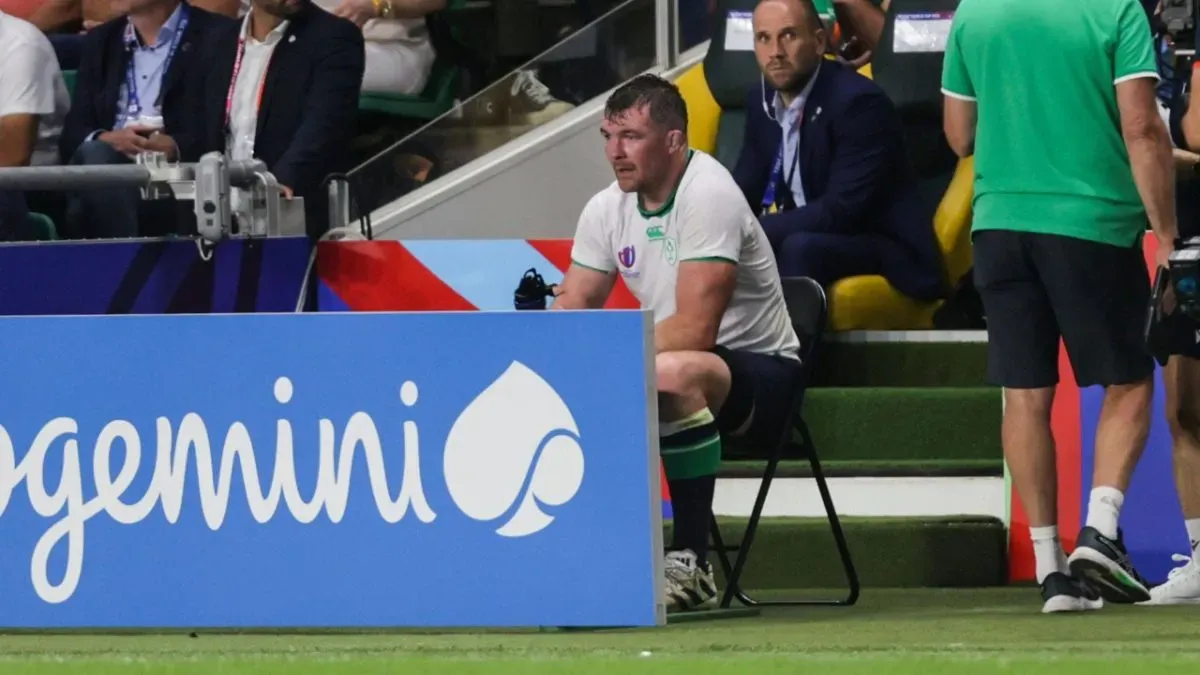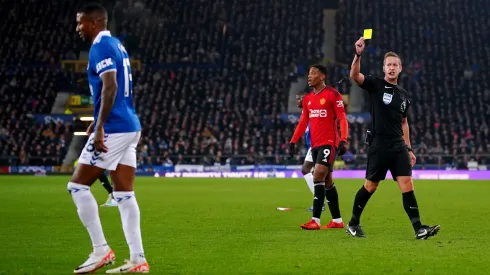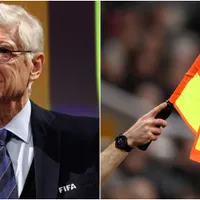Debate surrounds the idea of using sin bins at the highest levels of soccer, and that includes the Premier League. This is an effort to change how players behave toward referees. The sport’s governing body, the International Football Association Board (IFAB), gave the go-ahead for testing sin bins rigorously.
This is different from a red card. The player would get a certain amount of time off the field. Then, they can return to the game at a later point. Almost twenty years ago, rugby introduced a 10-minute sin bin that patrons took well.
The International FA Board mandated this reform to raise the level of respect for officials. Following its successful adoption across 31 English divisions at the grassroots level beginning with the 2019/20 season, a 10-minute sin bin “for dissent and specific tactical offences” was agreed upon to be trialed at higher levels.
What did IFAB say?
According to Mark Bullingham, chief executive of the Football Association and director of the IFAB: “The areas we were looking at were dissent, where it’s worked very, very well in the grassroots game in England.
“We’ve also spoken about other areas, particularly tactical fouls. I think frustration for fans when they’re watching games when they see a promising counter-attack that’s ruined by that – and the question of whether a yellow card is sufficient for that – has led to us looking at whether that should be involved in the protocol as well.”

The sin bins exist in rugby, but there are concerns for how it would look in the Premier League.
“Some players do commit a foul – I know people call it a tactical foul, cynical foul, professional foul, but a foul that prevents a promising attack – and they do it consciously knowing they’re going to get a yellow card, and we think that really breaks up the game. So, would they not do it if they felt there was going to be a sin-bin?
“I think with all of these things, success of sin-bins in grassroots game has been prevention, rather than cure. You get to a point where players know the threat of sin-bins and, therefore, don’t transgress. And we would hope that it would make the same change.”
Why would the Premier League bring in sin bins?
The introduction of so-called sin bins would rank among the most significant rule modifications ever made to the sport. It would provide referees additional leeway to penalize players for infractions. In particular, these infractions are more serious than yellow cards. Yet, they might not mandate a full ejection from the game.
Among these options is the introduction of a new orange card. It would function similarly to the 10-minute removal of infractions from the field in young and grassroots soccer or the continuation of the current system.
Additionally, to crack down on any foul that thwarts an attacking opportunity but does not merit a red card, it will be necessary to determine which infractions are applicable.
According to The Telegraph, one of the examples brought up at Tuesday’s meeting was the shirt pull that occurred in the Euro 2020 Final between England’s Bukayo Saka and Italy’s Giorgio Chiellini. The sole consequence of the foul was a yellow card.
Uncertainty surrounds whether the planned trials would reach Premier League levels. IFAB will clarify the specifics at the annual general meeting in Glasgow in March.
Possible solutions to time-wasting techniques were also considered during the IFAB annual business conference. These included a six-second limit for goalkeepers, a delay in restarts, and injury management.
Also discussed were prospective changes to Law 12 (Fouls and Misconduct) that would make handball penalty offenses punishable in the same manner as fouls; this change would be implemented next season.
PHOTOS: IMAGO.















